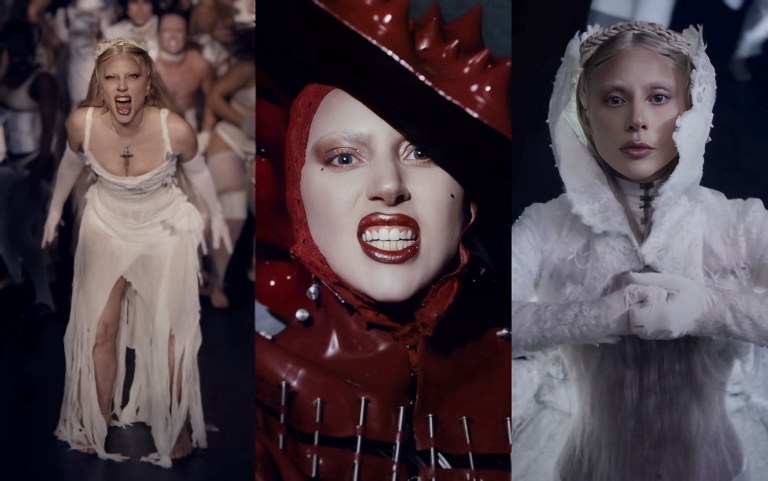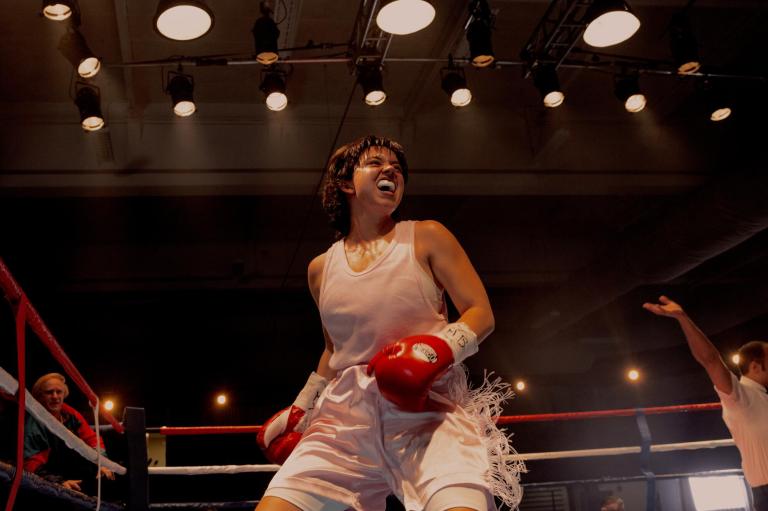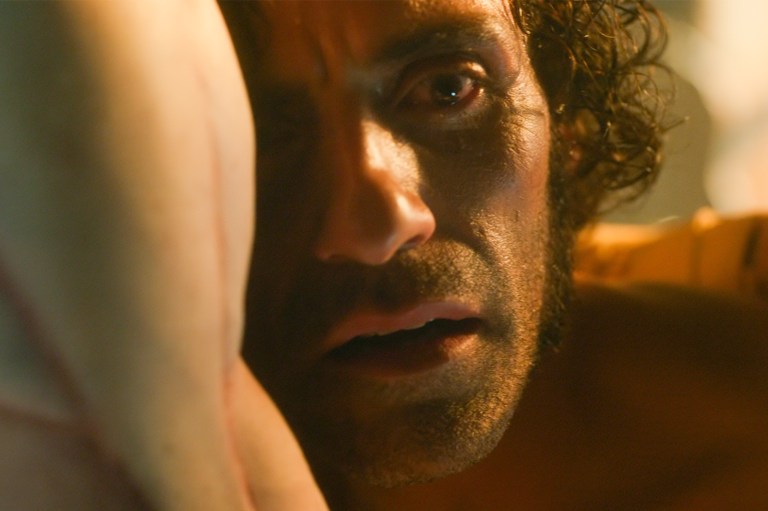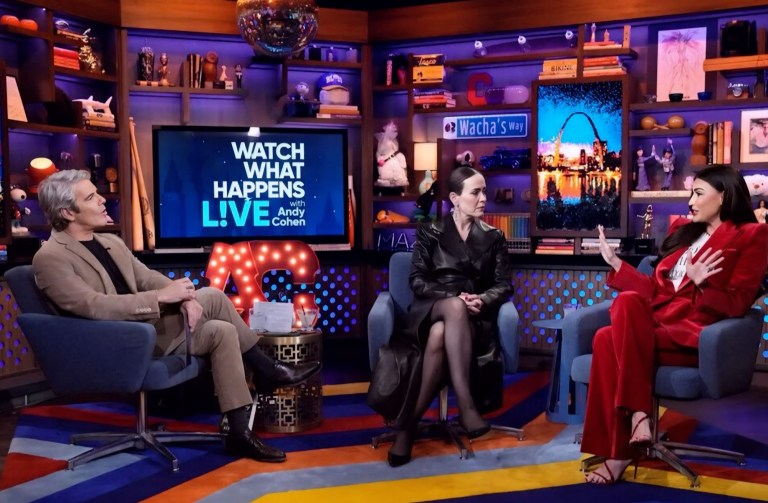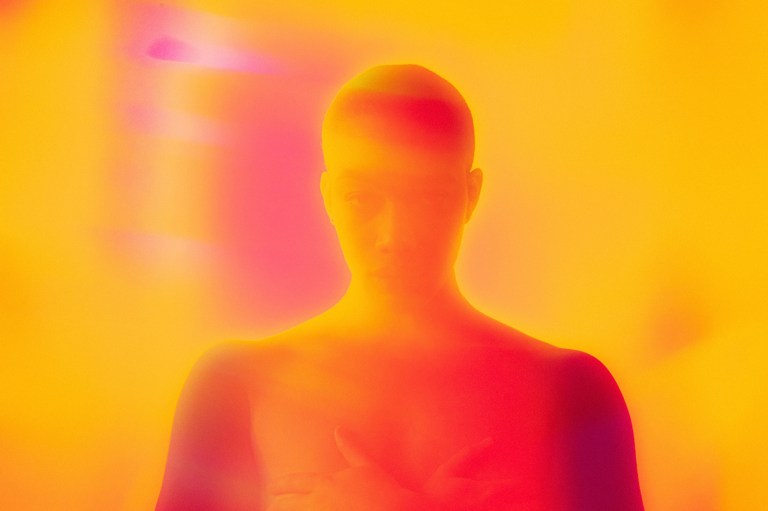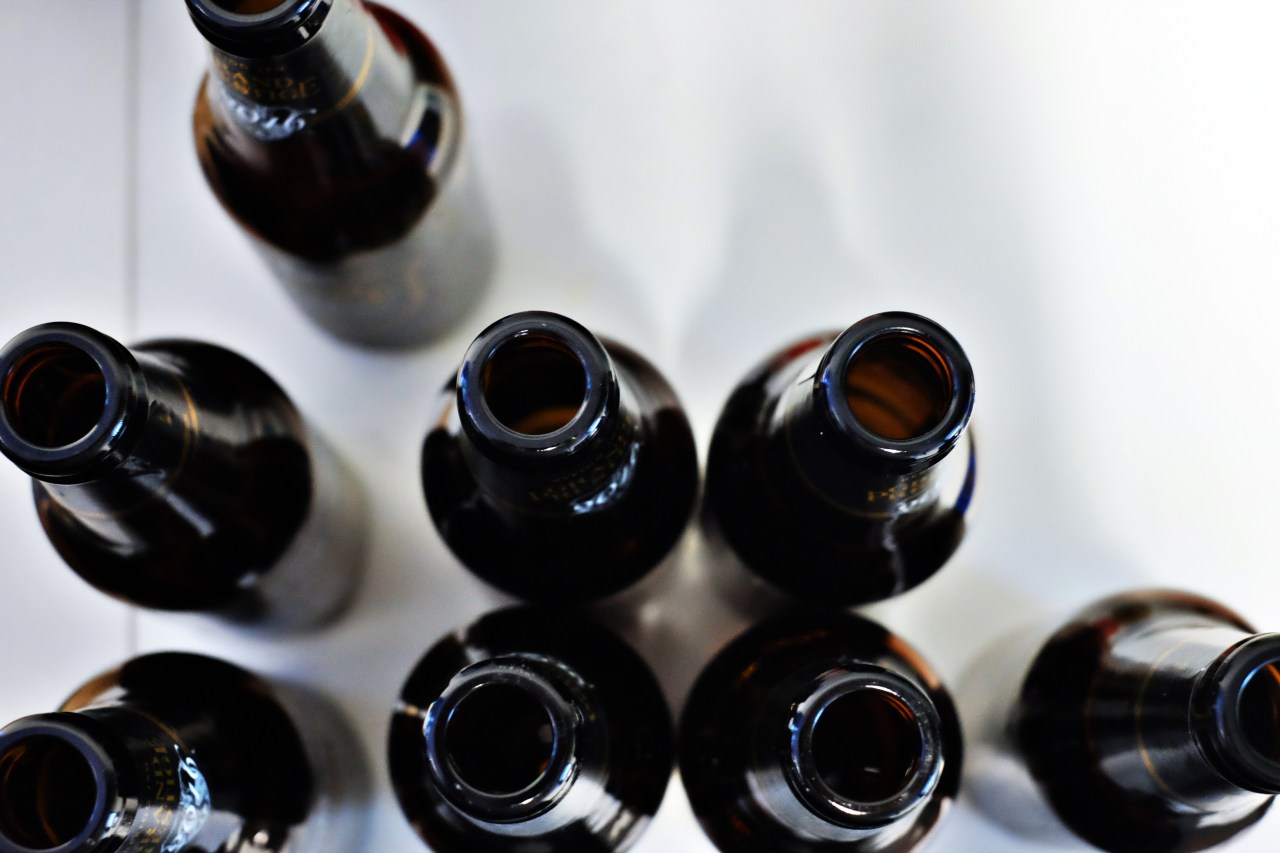
What It’s Honestly Like To Get Sober At 27
Losing substances that were my crutch for so long was sad, life-altering, and transformative. It also proved to me just how embedded alcohol and drugs were in my life.
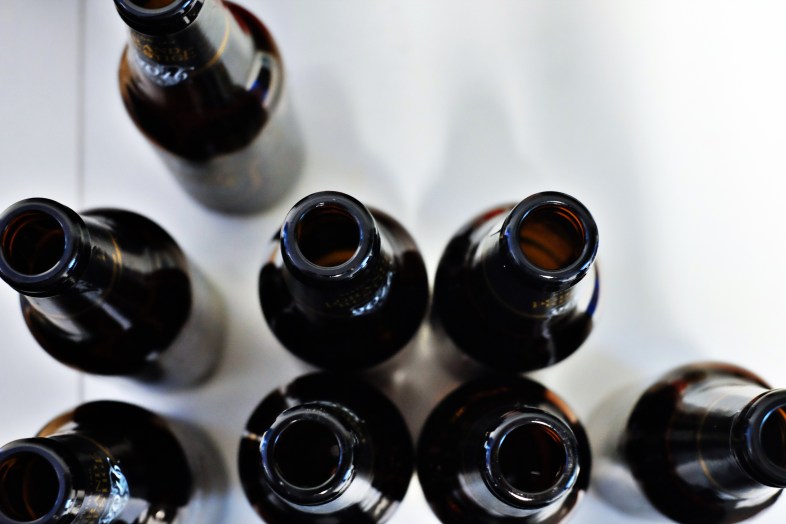
Does anyone ever really want to get sober? In my experience, they don’t. Sobriety is born out of necessity, out of pain, and out of the depths of despair.
I certainly didn’t want to get sober at the age of 27, but that’s exactly what happened. Now that I’m 3.5 years sober I am often asked what it feels like, how I did it, and what I’ve learned. I’m in a constant state of awareness and reflection. But despite that, I rarely think about the age of 27 as being relatively young to quit drugs and alcohol. When talking to older sober people, I am reminded. Their reaction is always, “the good thing is you got it, and you got it young.”
Getting sober at 27 was a life-altering event. It was never something I planned on doing. It was never how I saw my life going. I thought I’d get a job, get married, and have kids all while downing wine daily, still going to happy hours, and celebrating milestone birthdays at bars and nightclubs. I pictured myself vacationing at the Jersey Shore with family, coolers full of beer, and tanning on the beach all day. In my family we grew up going to Ocean City, New Jersey every summer for a week. Ocean City is a dry town and I thought “what fun is that?”
I couldn’t wait to get out into the world and flex my drinking muscles.
My unhealthy relationship with substances started way back in high school, although I would never admit it until I got sober. I stayed out past my curfew, I yearned to get high again as soon as I was done smoking. I drank alcohol whenever I could. When I had my first knee surgery at the age of 16 I became familiar with the mellow sedation of Vicodin. I immediately liked how it made me feel and after having several more knee surgeries I started taking the pills for fun. I never considered these facts to be part of my addiction either until a few months ago. I thought alcohol was my only problem, but I’ve realized alcohol is only a symptom of a bigger disease.
I didn’t plan on getting sober and definitely didn’t want to take my last drink before the age of 30. Most people think that getting sober at 27 is depressing, sad, and a lifetime sentence of boredom. I was no different. I was convinced that alcohol was the lifeblood of my existence. Without happy hour, dirty martinis, craft beer, nightclubs, and mimosas what is life? I was convinced I couldn’t live a glamorous life without booze. Even when I looked towards the future I would always imagine life with a cocktail in my hand.
In 2013 when the pain became too great, my only option was change. I had been attempting to moderate my alcohol and drug use for a year before then. I failed in every way.
When I quit drinking I felt like I had no other option.
The first year of my sobriety was much like living in a new place for the first time. I felt lost, confused, emotional, out of place, and unsure of where I was headed in life. All I could do was put one foot in front of the other and get through each 24 hours without a drink or a drug. Once I strung some days together I started to feel much better physically. But there was another experience I had when I quit drinking and that was mourning my relationship with alcohol. As time went on I knew in my soul that I had found the answer to my problems, sobriety. But internally I was struggling with how to let go of alcohol. Being told by society, the media, and my peers that alcohol is necessary to live a fun, exciting life led me to believe I could not have these things if I stopped drinking.
I believe I went through all the stages of grief when it came to mourning my relationship with alcohol. Before I quit I was in denial, and still when I stopped drinking I had the idea that maybe one day I would be able to drink again. I didn’t want to believe alcohol was the source of my problems. As the denial faded I became angry, why did this have to happen to me? Life wasn’t fair and I felt like the only person who could have ever dealt with this issue. As I graduated to the bargaining stage, I felt overwhelming shame and guilt. How could I have let it come to this? If I got my life together and proved to myself I could stop drinking, then maybe I wouldn’t be an alcoholic or an addict. Maybe one day I would be able to learn how to control myself and enjoy life with alcohol moderation. If I behaved now, it would pay off in the end. After bargaining came depression. For many months during my first year of sobriety I felt sad and at times, I felt like I was missing out. I believe this was because I was truly accepting that sobriety is the best path for me. Losing substances that were my crutch for so long was sad, life-altering, and transformative. It also proved to me just how embedded alcohol and drugs were in my life.
It proved to me that I did have an addiction.
The one-year mark is when I truly reached a state of acceptance. It was when I embraced my new identity as a sober woman. I’ve had to relearn how to do almost everything – how to express and work through emotions, how to socialize without alcohol, how to attend weddings, birthdays, and get-togethers without ordering alcohol.
But getting sober young isn’t just about learning how to live your life without alcohol, it’s also learning why you drank and reconciling those reasons and the mistakes you made while drinking.
So, what’s it really like to get sober at 27? It’s hard and it’s sad and it’s happy and it has changed my life in every single way. It has given me my life back. It’s given me the possibility of growing older with less health risks, with healthy relationships, and free from the shackles of addiction. I love being someone who doesn’t drink or do drugs. It’s empowering. I am happy that my future children will never know a mother who drinks. I no longer feel like I’m missing out on life, in fact I feel like I am more connected to life than I ever was when I was drinking.
Getting sober at 27 was a relief. I feel grateful every day that I found recovery and I encourage everyone to do the same, regardless of age. ![]()
